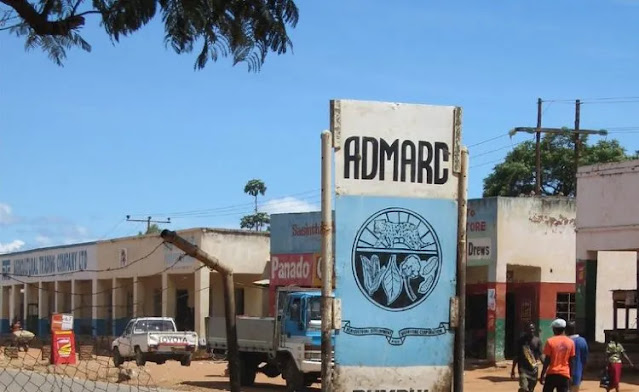During the presentation of the budget statement on Thursday, Gwengwe stated that Admarc was allocated K6 billion for restructuring costs in the 2022-23 budget and an additional K4 billion in the 2023-24 budget for recapitalization. However, according to Sameer Suleman, the Chairperson of the Agriculture Committee of Parliament, the allocated amount is insufficient, and Malawians are expecting to see Admarc revamped, which would require an investment of between K300 billion and K500 billion. Leonard Chimwaza, an agriculture policy expert, also expressed concern that K4 billion is too low considering Admarc's size and importance. Both Suleman and Chimwaza emphasized the need for a more substantial investment in Admarc to ensure its effectiveness. Former Admarc general managers Felix Jumbe and Rhino Chiphiko also stated that Admarc required at least K300 billion and K64 billion, respectively, for its operations. Admarc is currently undergoing restructuring, and all its staff have been retrenched. According to Admarc's Head of Human Resource and Administration, Ethel Umali Zilirakhasu, the retrenchment exercise alone would cost about K8.9 billion.
Malawi's 2023-2024 budget has allocated a significant portion of its funds to the agriculture sector, highlighting the government's commitment to developing this critical industry. Agriculture is the backbone of Malawi's economy, and the government recognizes that investing in this sector can improve food security, create employment opportunities, and boost economic growth.
According to the budget statement presented by Minister of Finance, Felix Mlusu, the government has allocated K404.2 billion to the agriculture sector. This represents a 23.3% increase from the previous year's allocation of K328.5 billion.
The funds will be used to support various agriculture-related programs, including irrigation, livestock development, crop production, and agribusiness. The government has also allocated K10 billion to the Farm Input Subsidy Program (FISP), which provides affordable fertilizers and seeds to smallholder farmers to improve their crop yields.
Furthermore, the government plans to establish a new National Agriculture Development Fund (NADF) with an initial capitalization of K10 billion. The NADF will provide financing and technical support to farmers, agribusinesses, and other stakeholders in the agriculture value chain.
The government's investment in the agriculture sector is expected to have a positive impact on Malawi's economy. The increased funding will help to boost agricultural production, improve farmers' income, and enhance food security. It will also create employment opportunities, particularly for youth and women, who make up the majority of the agricultural workforce.
Overall, the government's commitment to investing in agriculture is a positive step towards achieving sustainable economic growth and improving the livelihoods of Malawians.

